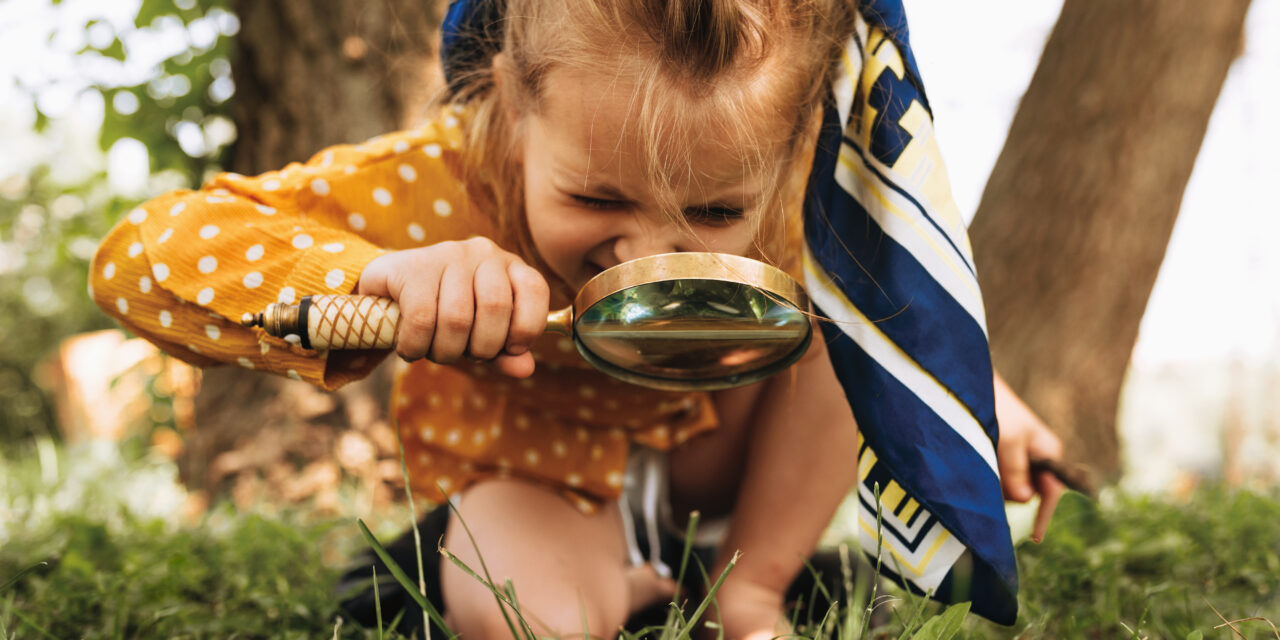There are many benefits to getting kids to play outdoors. In fact, it may be one of the best things you can do for them! Outdoor play helps children learn about their environment and the world around them. It also helps them develop physical skills, social skills, and creativity. In this blog post, we will discuss some of the reasons why outdoor play is so important for children.
Benefits of Letting Kids Play Outdoors
There are many benefits to getting kids to play outdoors. In fact, it may be one of the best things you can do for them! Let’s take a look at some of the benefits of outdoor play:
Improved Motor Skills
Most parents know that outdoor play is important for their kids. But what they might not realize is that outdoor play can actually leave kids with more advanced motor skills. Studies have shown that kids who spend more time outdoors are more likely to develop better coordination and balance. They also tend to be more physically fit and have better stamina. So why exactly does outdoor play have such a positive impact on motor skills? One theory is that it simply provides more opportunities for kids to practice using their muscles. But another possibility is that the fresh air and sunlight help to boost kids’ overall energy levels, making it easier for them to focus and learn new physical skills. Either way, there’s no doubt that outdoor play is good for kids’’ motor development.
Improved Body Mass Index
Most American kids spend the majority of their time indoors, whether they’re in school, doing homework, watching TV, or playing video games. While there’s nothing wrong with spending some time indoors, research suggests that too much time spent inside can lead to a number of health problems, including obesity. One way to help combat childhood obesity is to encourage outdoor play. A recent study found that kids who spend more time playing outdoors have a lower body mass index (BMI) than those who spend less time outside. The study also found that outdoor play was associated with increased levels of physical activity and improved fitness. So next time your kids are complaining about going outside to play, remind them that it’s good for their health.
More Muscle Strength
Most kids these days spend more time indoors than ever before. With all the technology at their fingertips, it’s no wonder they don’t want to go outside! However, there are many benefits to letting kids play outdoors. Not only does it allow them to get fresh air and exercise, but it can also help them to develop muscle strength. When kids play on monkey bars or swing on swings, they are using their muscles in ways that they wouldn’t indoors. This helps to build strength and coordination. In addition, playing outdoors gives kids a chance to explore and use their imaginations. They can pretend they are pirates on a ship or explorers in the jungle. So next time your child is looking for something to do, encourage them to head outdoors for some good old-fashioned fun.
Better Self-Awareness
When it comes to childhood development, there is no substitute for outdoor play. Being in nature helps children to develop a better sense of self-awareness. They learn to navigate their surroundings and become attuned to the sights and sounds of the natural world. This sensory input helps to stimulate their imaginations and encourage creativity. In addition, outdoor play allows children to develop gross motor skills as they run, jump, and climb. And because they are constantly moving, they also tend to get a better night’s sleep. All of these factors contribute to the overall health and well-being of children. So next time your kids are begging to go outside, don’t hesitate to let them play. It just might be good for their development.
Letting Kids Play Outdoors Can Help Appreciate Nature Better
As any parent knows, getting kids to spend time outdoors can be a challenge. With so many electronic devices and indoor activities available, it can be difficult to persuade them to head outside. However, there are plenty of good reasons to encourage outdoor play. For one thing, it helps kids to appreciate nature and the environment around them. When they explore the world around them, they can learn about different plants and animals and how they interact with each other. In addition, playing outdoors helps kids to develop physical skills and coordination. They can run, jump, and climb, all while getting some fresh air and exercise. So next time your kids are complaining about going outside, remember that there are plenty of benefits to outdoor play.
Nurture Better Relationships
Kids these days are always indoors, glued to screens of all shapes and sizes. It’s no wonder that so many children struggle with social skills and have trouble forming friendships. But what if there were a way to help kids nurture better relationships? One solution is to let them play outdoors. Playing outside gives children the opportunity to explore their surroundings, use their imaginations, and engage in physical activity. It also provides a chance for them to interact with other kids in a natural setting. As a result, outdoor play can help children develop social skills, learn how to cooperate with others, and build strong relationships. So next time you see a group of kids playing in the park, remember that they’re not just having fun – they’re also nurturing better relationships.
Develop a Sense of Independence
As any parent knows, raising happy and healthy kids is no small feat. In addition to providing food, shelter, and love, parents also need to help their children develop a sense of independence. One way to do this is by letting them play outdoors. Outdoor play gives kids the opportunity to explore the world on their own terms and learn about taking risks and managing consequences. Through play, kids can also develop important social skills like cooperation and communication. Of course, it’s important to make sure that kids are supervised when they’re playing outdoors. But by giving them the space to roam and explore, parents can help their kids develop the skills they need to become independent adults.
















